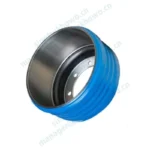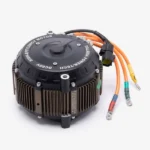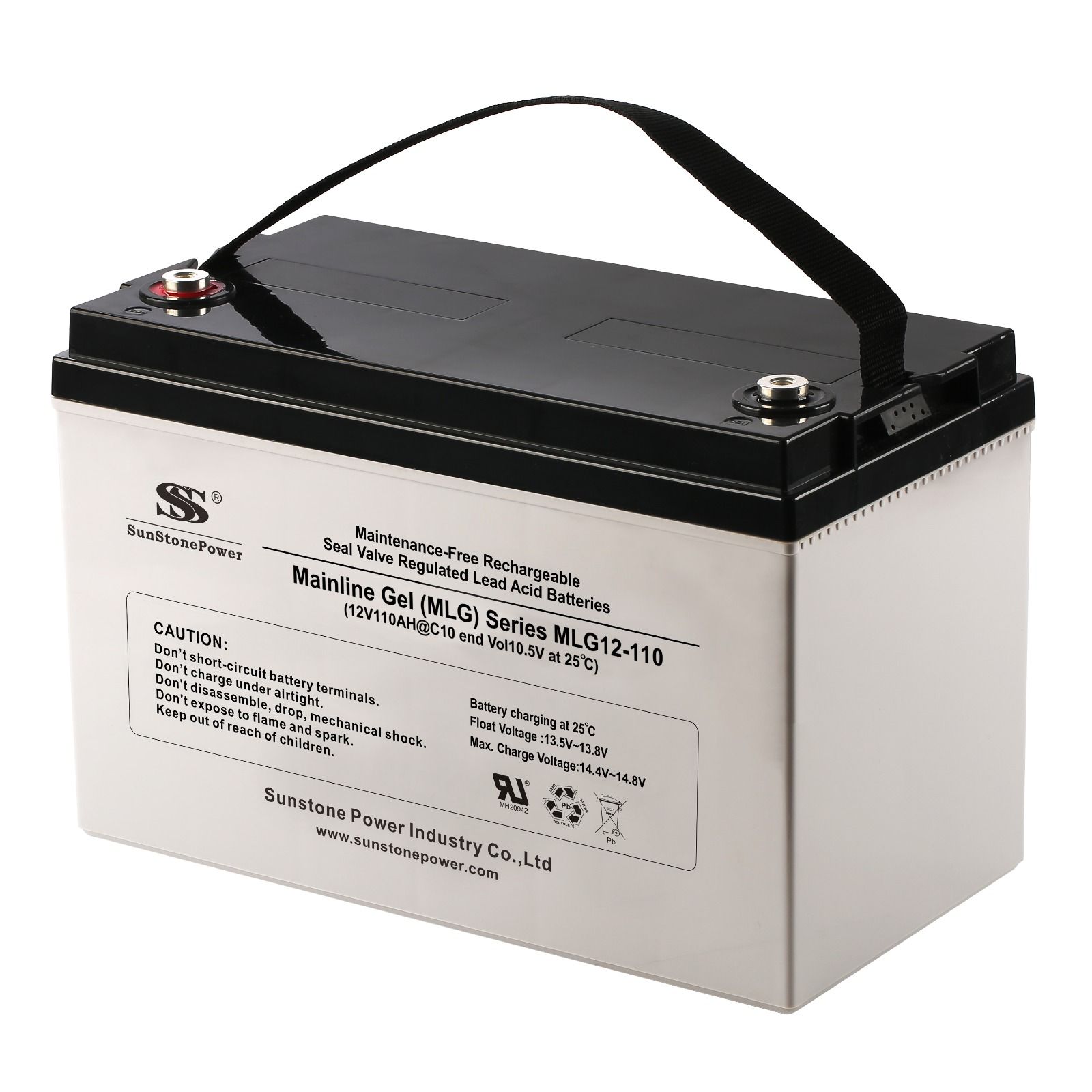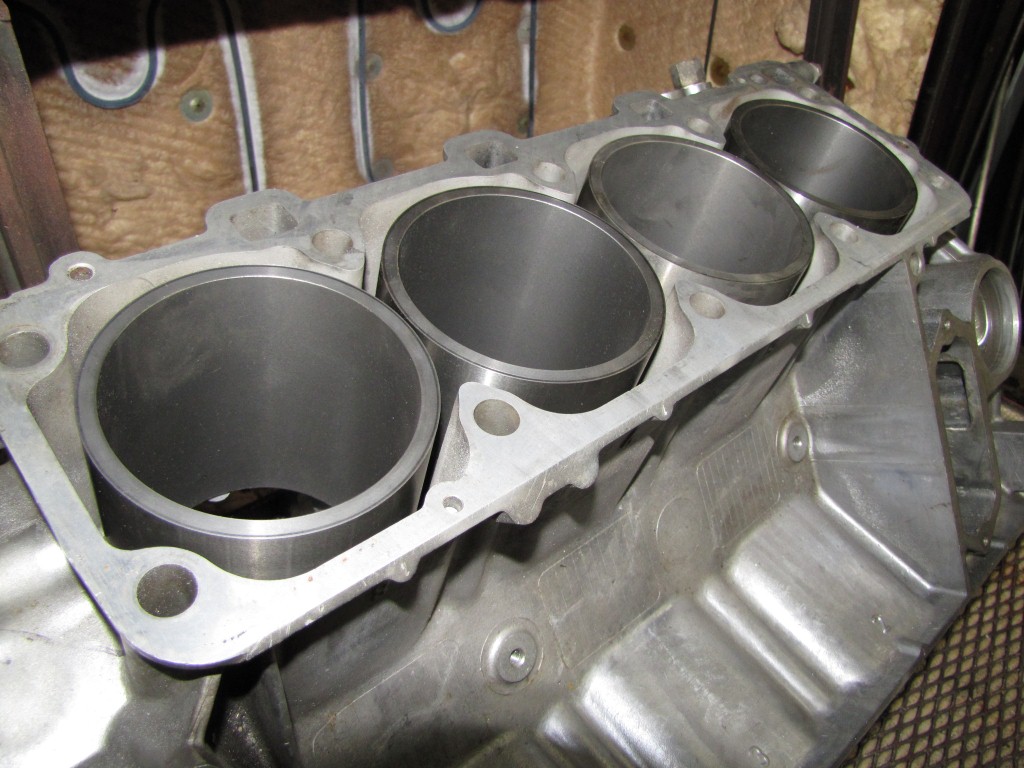
Content
Introduction:
Canada boasts a robust automotive industry, with a vast network of manufacturers, suppliers, and distributors catering to the needs of car owners across the country. Whether you’re a seasoned mechanic, a DIY enthusiast, or simply in need of a replacement part, understanding the landscape of Canada car parts market can help you make informed decisions and ensure the optimal performance of your vehicle.
1. OEM vs. Aftermarket Parts:
- Original Equipment Manufacturer (OEM) parts are produced by the same company that manufactured your vehicle. While they often come with a higher price tag, they are designed to exact specifications and are guaranteed to fit and perform seamlessly.
- Aftermarket parts are manufactured by third-party companies and are often more affordable than OEM parts. While they may offer cost savings, quality and compatibility can vary, so it’s essential to research reputable brands and suppliers.
2. Popular Car Parts Retailers:
- Canadian Tire: With locations across the country, Canadian Tire is a go-to destination for automotive parts and accessories. They offer a wide selection of both OEM and aftermarket parts, along with tools and equipment for DIY enthusiasts.
- NAPA Auto Parts: As one of the largest automotive parts retailers in Canada, NAPA Auto Parts provides a comprehensive range of products for all makes and models. Their extensive network of stores ensures convenient access to quality parts and expert advice.
- PartSource: A subsidiary of Canadian Tire, PartSource specializes in automotive parts and accessories, catering to both DIYers and professional mechanics. They offer a vast inventory of OEM and aftermarket parts, backed by knowledgeable staff and competitive prices.
3. Online Marketplaces:
- Online marketplaces such as Amazon.ca, eBay.ca, and AutoPartsWay.ca provide convenient access to a wide range of car parts and accessories. While shopping online offers convenience and often competitive pricing, it’s essential to verify the credibility of sellers and ensure compatibility before making a purchase.
- Dedicated automotive forums and communities can also be valuable resources for sourcing specific parts, obtaining recommendations, and connecting with fellow enthusiasts.
4. Specialty Stores:
- Specialty stores cater to niche markets, offering specialized parts and accessories for performance vehicles, classic cars, off-road vehicles, and more. These stores often stock unique products not readily available at mainstream retailers, making them a preferred choice for enthusiasts seeking customization and performance upgrades.
5. Considerations for Purchasing:
- Compatibility: Ensure that the parts you purchase are compatible with your vehicle’s make, model, and year to avoid compatibility issues and installation challenges.
- Quality: Invest in quality parts from reputable brands to ensure durability, reliability, and optimal performance.
- Warranty: Consider the warranty offered by the manufacturer or retailer, as it provides peace of mind and protection against defects or premature failure.
- Price: While cost is a significant factor, prioritize value over the cheapest option to avoid compromising on quality and longevity.
Conclusion:
Navigating Canada’s car parts market requires careful consideration of factors such as compatibility, quality, and pricing. Whether you’re shopping at brick-and-mortar stores, online marketplaces, or specialty shops, conducting thorough research and seeking advice from experts can help you make informed decisions and keep your vehicle running smoothly for years to come.

Max isn’t your ordinary auto blogger. He’s your friendly neighborhood gearhead, here to guide you through the automotive maze. His blog is like a conversation with a buddy who’s always got the latest auto scoop.






